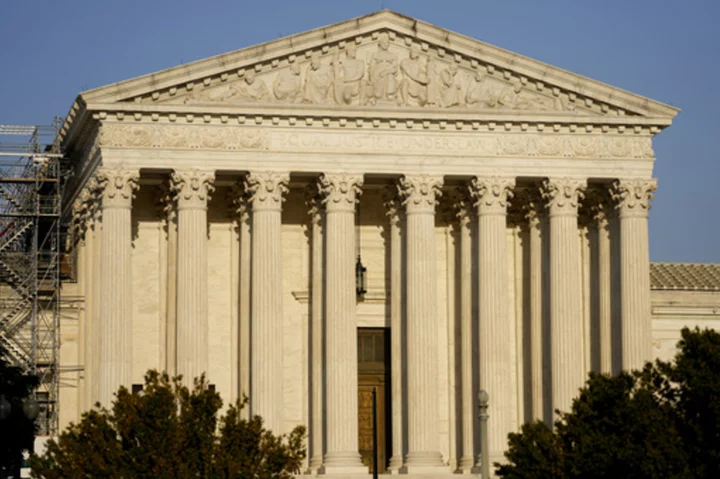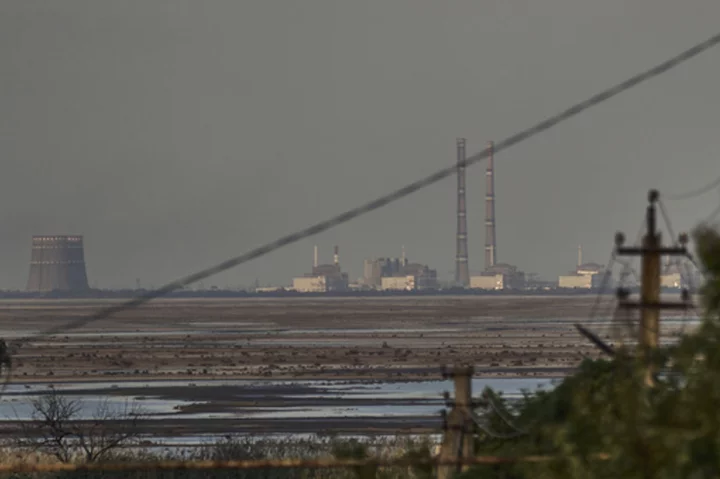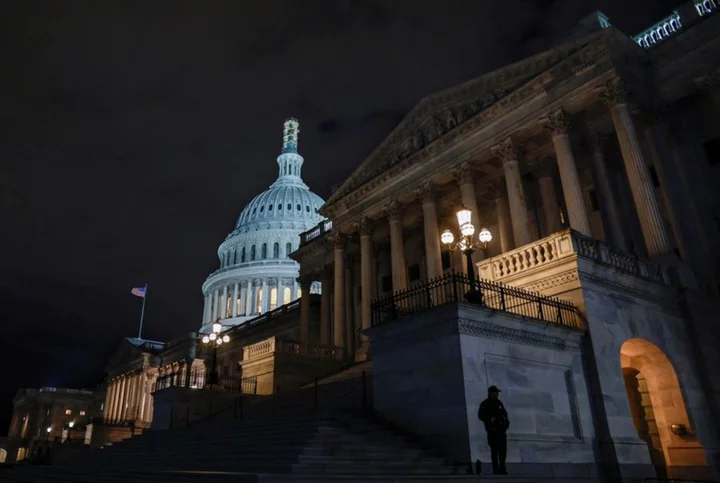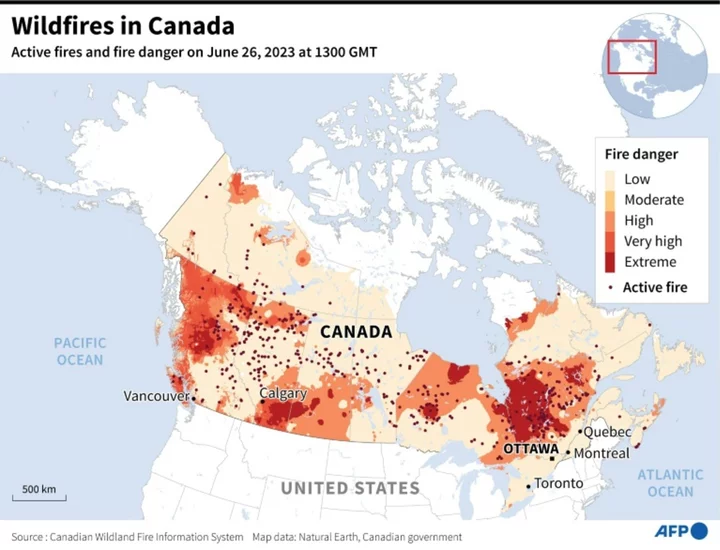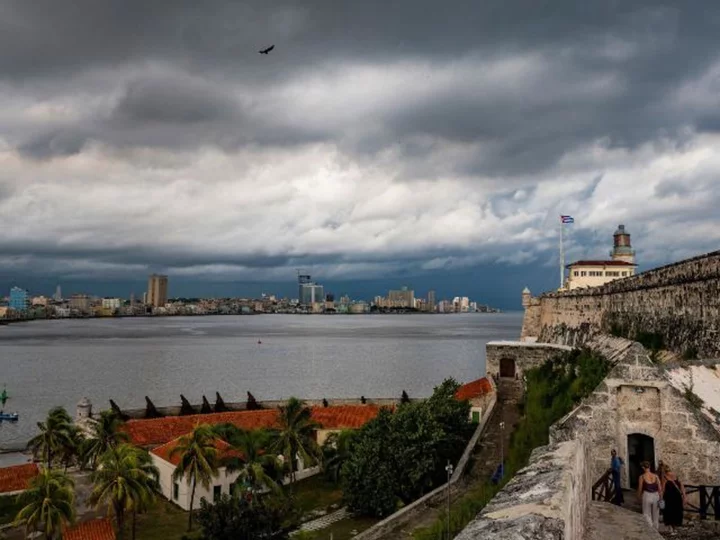WASHINGTON (AP) — The Supreme Court ruled against the Navajo Nation on Thursday in a dispute involving water from the drought-stricken Colorado River.
States that draw water from the river — Arizona, Nevada and Colorado — and water districts in California that are also involved in the case had urged the court to decide for them, which the justices did in a 5-4 ruling. Colorado had argued that siding with the Navajo Nation would undermine existing agreements and disrupt the management of the river.
The Biden administration had said that if the court were to come down in favor of the Navajo Nation, the federal government could face lawsuits from many other tribes.
Lawyers for the Navajo Nation had characterized the tribe’s request as modest, saying they simply were seeking an assessment of the tribe's water needs and a plan to meet them.
The facts of the case go back to treaties that the tribe and the federal government signed in 1849 and 1868. The second treaty established the reservation as the tribe’s “permanent home” — a promise the Navajo Nation says includes a sufficient supply of water. In 2003 the tribe sued the federal government, arguing it had failed to consider or protect the Navajo Nation’s water rights to the lower portion of the Colorado River.
A federal trial court initially dismissed the lawsuit; an appeals court allowed it to go forward.
During arguments in the case in March, Justice Samuel Alito pointed out that the Navajo Nation’s original reservation was hundreds of miles away from the section of the Colorado River it now seeks water from.
Today, the Colorado River flows along what is now the northwestern border of the tribe’s reservation, which extends into New Mexico, Utah and Arizona. Two of the river’s tributaries, the San Juan River and the Little Colorado River, also pass alongside and through the reservation. Still, one-third of the some 175,000 people who live on the reservation, the largest in the country, do not have running water in their homes.
The government argued that it has helped the tribe secure water from the Colorado River’s tributaries and provided money for infrastructure, including pipelines, pumping plants and water treatment facilities. But it said no law or treaty required the government to assess and address the tribe’s general water needs. The states involved in the case argued that the Navajo Nation was attempting to make an end run around a Supreme Court decree that divvied up water in the Colorado River’s Lower Basin.

